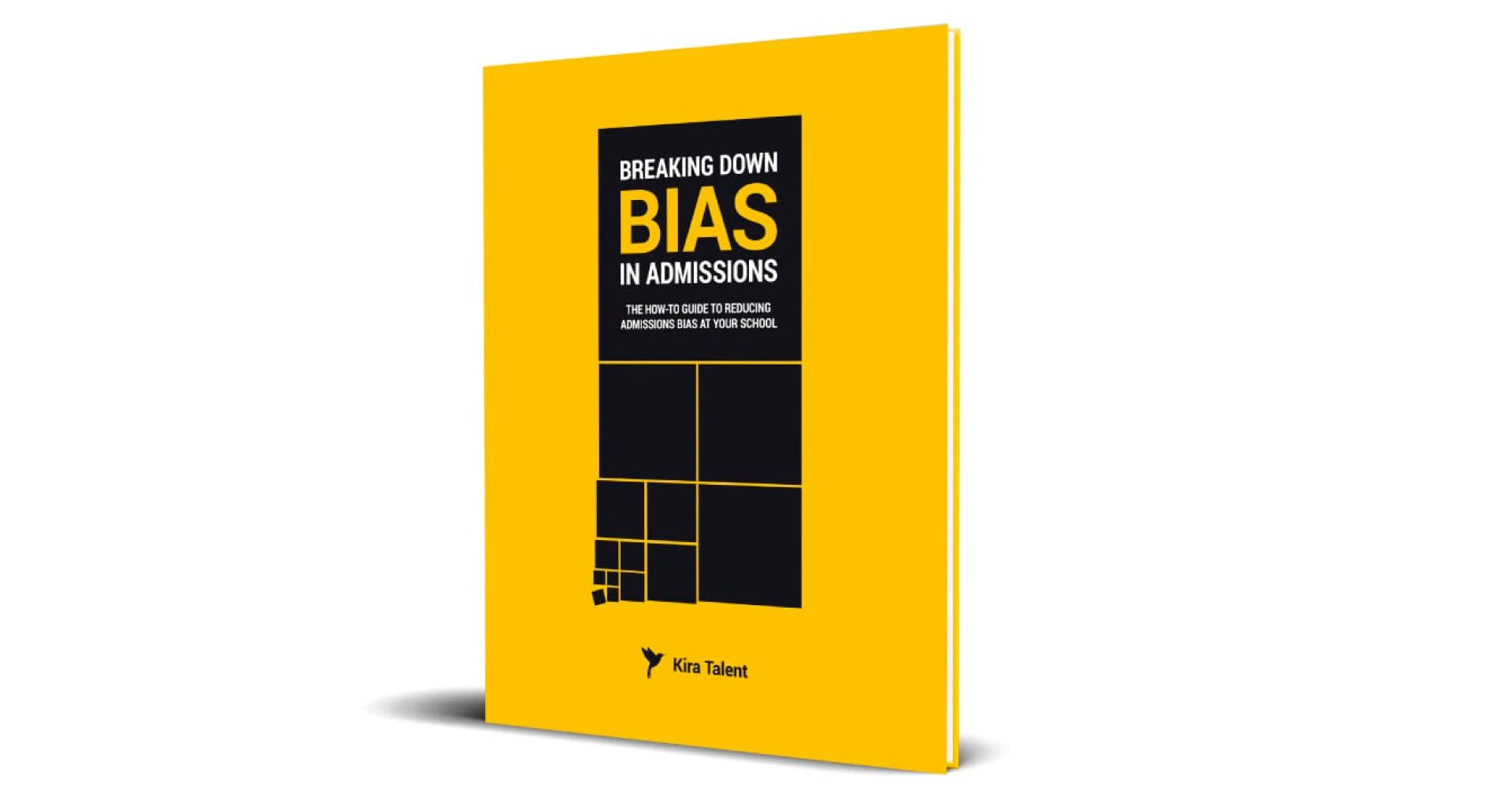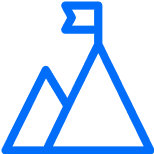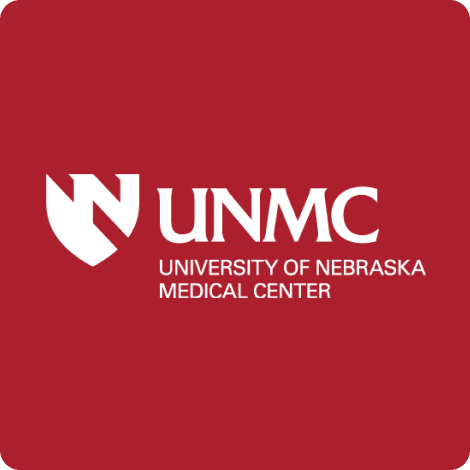At Spalding University, a small, private college in Kentucky, USA, the hybrid Doctor of Physical Therapy (DPT) program is setting a new standard for accessible education.
“You often hear about accelerated models in physical therapy education, where students are taking heavier course loads in order to complete their degree in three years instead of four,” shared Dr. Kay Tasso, the program director at Spalding University DPT. “At Spalding, we refer to our curriculum as a decelerated model. By having students enroll in fewer courses per semester, we’re not only improving students’ retention of the material, we’re also making it accessible to non-traditional students who are balancing school with work and family requirements.”
“Spalding DPT’s mission is to make PT education accessible by reducing the obstacles and barriers that a traditional program inadvertently creates for many applicants,” she continued. “Conducting our admissions interviews in Kira Talent was a natural step in achieving that goal.”
Addressing challenges in the traditional interview process
The primarily online curriculum is what Spalding classifies as a ‘low residency’ program, with lecture material presented online and students only required on campus once per month to complete their labs.
“As opposed to programs that have, in recent years, tried to shift a traditionally-designed curriculum online, our course strategies and teaching methods were designed to be delivered online,” shared Dr. Tasso. “We wanted our admissions process to follow that methodology as well.”
“We started designing the admissions process for our brand-new program in 2021,” she explained. “We decided to use Liaison’s PTCAS for our enrollment platform, and they made us aware of this great integration with Kira Talent.”
“I helped manage on-campus interviews in my positions prior to joining the team at Spalding DPT, so I had a clear idea of the barriers they present,” Dr. Tasso continued. “On the administrative side, in-person interviews are extremely time- and labour-intensive, and they carry significant costs for both the applicants and the program. The pressure around these interview days means that students are often very nervous and may have difficulty expressing themselves. That leads to the admissions committee potentially not getting an accurate understanding of an applicant’s character and communication skills.”
“There was also hesitancy surrounding the travel requirements, given that we are a hybrid program,” added Dr. Elisa Zuber, the Chair of the Kosair Charities School of Physical Therapy at Spalding University. “The program is designed to be accessible to busy, as well as non-traditional, students from across the United States."
"An on-campus interview would entirely contradict that vision.”
“Hearing other programs talk about their positive experiences with Kira at an American Physical Therapy Association (APTA) meeting really sealed the deal for us,” she added. “Kira has a long track record of success with physical therapy programs. That really contributed to our confidence that Kira could help us deliver our admissions process.”
Building an interview to fit the admissions process
“Kira makes our admissions process easier, less expensive, and much more efficient.”
“From day one, the process has been really smooth,” Dr. Zuber continued. “The structure of the interview was already there, we just needed to decide on the details.”
The question and rubric workshop during the onboarding process helped Spalding DPT determine how to score the responses in Kira in order to best suit their goals for the assessment.
“The objective of the interview is to assess applicants’ communication skills,” Dr. Tasso explained. “To do so, we focus strictly on the basics — do they answer the question and can they clearly explain their reasoning?”
“If a rating scale is too nuanced, reviewers may overthink their ratings or interpret the differences between scores in their own way,” Dr. Zuber continued. “So, we decided on a concise three-point scale rubric to capture the information we wanted about each applicant. ”
“As the assessment is on-demand and applicants have access to Kira’s practice suite in order to get comfortable with the technology, Kira helps mitigate the influence of external factors that could affect their performance,” Dr. Tasso added. “With Kira, we’re getting a more authentic assessment of our applicants' communication skills.”
Managing all the costs — time and financial
“Affordability is a big concern in physical therapy education as well as in the wider healthcare field,” shared Dr. Tasso. “We’re very conscious of the financial burden put on applicants who are trying to get into the healthcare field, and we’re actively trying to reduce those barriers as much as possible. With traditional interviews, there are many costs for both the institution and the applicant that don't necessarily get factored in upfront. Even if you’re recruiting locally, those applicants are taking time out of their busy schedules and money out of their pockets to pay for gas and parking.”
“When you factor in the time-savings from aspects like Kira’s 24/7 applicant and reviewer support, it’s clear,” she continued.
“Kira is worth every single penny.”
By enabling Spalding DPT to dig a little deeper into their applicant pool without overwhelming their small team, Kira helps deliver a comprehensive, and convenient, holistic review.
“Having Kira in the admissions process helps us ensure that what we’re seeing in the application is the reality,” continued Dr. Tasso. “At the end of the day, Spalding DPT is fully invested in our students’ success. We want to ensure the applicants we offer admissions to have the right skills to be successful in the program and beyond.”
Setting up admissions for future success
“Kira has been a really great asset to our program,” shared Dr. Zuber.
“The faculty love the process and find it very valuable,” shared Dr. Tasso. “We’re able to have the entire faculty involved in the reviewing process because they can watch and score responses on their own time, when it's most convenient for them. Then we can get together and discuss applicants at our faculty meeting.”
“Kira took the time to get to know us and our processes, and to help us develop questions that meet our program's intent,” added Dr. Zuber. “Working with the Kira team has brought a new level of ease to the admissions process, from building to monitoring to making any changes. Add to that them being a really friendly and responsive team to work it, and it has been nothing but a hugely positive experience.”
“Kira will continue to be a part of our process for years to come.”






